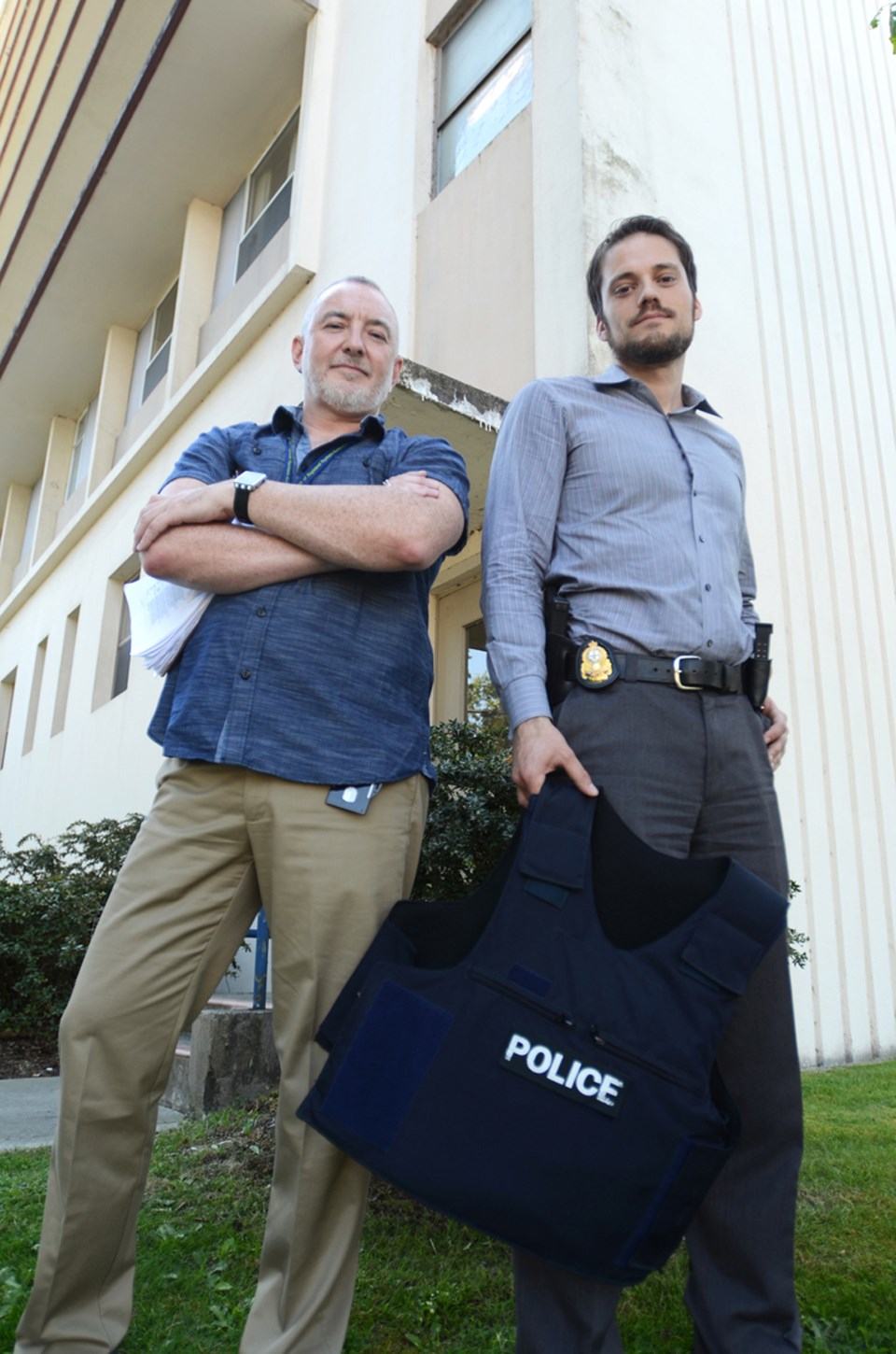The New Westminster Police Department’s lone mental health officer hopes the redevelopment of Royal Columbian Hospital will reduce the need for police intervention in many situations.
“I’m hoping this will have a ripple effect,” Const. Arthur Wlodyka told the Record. “If people can get better treatment while they’re in hospital, then hopefully when they come out, they’re better to readjust to the community, which then in turn causes less crisis and then less need for police resources. Everybody wins with improvements like these.”
Wlodyka couldn’t be happier about last week’s announcement of a new 75-bed mental health and substance use facility, part of the first phase of Royal Columbian Hospital’s redevelopment.
In May, he had already taken on about 120 files referred by other police officers in the department, and this only accounts for the files referred directly to Wlodyka. The department is still working on creating a system to track all mental health files, including those that don’t get referred.
It’s been two years since Wlodyka became the department’s first-ever mental health officer, an initiative he spearheaded.
One of the main reasons the position was created was to help reduce the amount of time police officers spent waiting with mental health patients at Royal Columbian Hospital.
While Wlodyka is still unsure whether the new facility will help with this continued problem, he is optimistic it will have a positive impact on the never-ending cycle some mental health patients find themselves on.
Despite the challenging nature of the job, it comes with its fair share of rewards, for himself and patients, Wlodyka said.
Recently, a former mental health patient stopped by the department to thank Wlodyka for his assistance.
“He actually wanted to say thank you for helping him through a period where he was suffering from some psychosis a few months back, and for the police interactions there to get him connected to the hospital and mental health,” he said. “He’s now on the road to recovery.”
Construction for the new mental health facility is scheduled to begin next year, and Wlodyka hopes the new facility will make the journey to recovery a smoother one. “I think it’s awesome. Definitely anything that is more specifically and purposefully kind of designed for health and recovery for people suffering from mental health crisis is fantastic,” he said.



